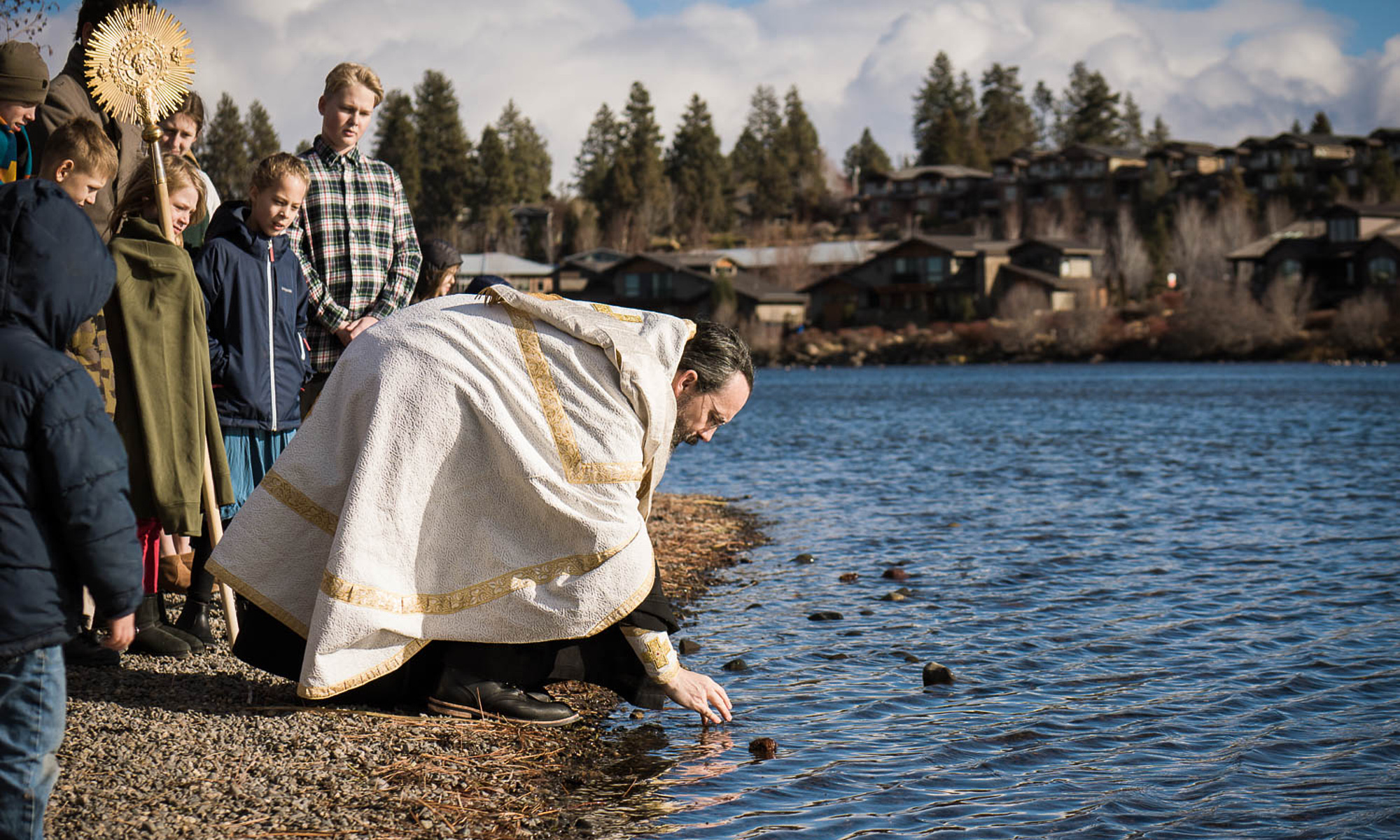Not too many years ago a book, Heaven Is for Real, came out about a three-year-old boy dying, going to heaven, and coming back to life. It certainly generated quite a lot of interest and has been widely read (and viewed, after being adapted into a movie). The story, retold by the boy’s father from what he gathered in conversations with his son, has received mixed reception. From my own perspective, it seems most folks are ready to receive it as a genuine experience, especially with some excellent proofs, like the boy seeing his mother and father in separate hospital rooms as he was dying on the surgical table, talking to a miscarried sister that his parents had never told him about, and recognizing a mid-life photo of his grandfather. (The soul looking on the situation of its own body immediately after death, is a very common thread…even in the story of a friend of my own.) A few folks, however, are quite vocal about their denouncements of the boy’s experience in heaven, mainly based on a comparison of his story with what we find in the Scriptures.
As I have presented previously, there is a lot of variation in these after-death stories. That does not mean they are false. It also does not necessarily mean that everything experienced is what it seems to be; demonic deception certainly plays a role in many of these experiences. And what can also be true, a definite possibility in this little boy’s case, is that the Lord, knowing he would return this boy to land of the living, did not give him the trials of one on the way to their place of repose, but rather gave him an experience that would benefit his own salvation and that of others.
Without going too far into it, it is also worth mentioning that everything in this boy’s case is filtered through a three-year-old’s understanding, then filtered again through his Protestant pastor father’s understanding. I would imagine that everything that was said and conveyed is true, but I would also expect many other details or experiences or sights or sounds or smells to have been so far beyond the boy’s ability to take in or his Protestant father’s experience to know to ask, that many more aspects of that experience will remain untold.
It is quite similar to another experience retold by the veteran priest author of the edifying and delightful book On Earth We’re Just Learning How to Live. A woman, a typical athiest in Soviet Russia, dies on the surgery table and is ushered by an angel to the gates of paradise. There, she converses with the Mother of God and the child-sized Lord. She was shown a field full of souls:
“They asked me calling me by name to pass on to those on earth that if anyone was fighting against God, it would be better if such a person had never been born. They repentantly poured out their sins to me (‘I’m an adulterer … I’m a thief … I’m a robber … I’m a murderer …’). I understood that these were people who had lived without faith and died without repentance.” … “But on the whole, their request was one: pray, remember us, repent!”
That last line says it all; it includes the two points made in the previous experience of Venerable Theodora of Constantinople: remember the departed in our prayers and repent of our sins. There is one more point, though: pray. Know the Lord through, as St. John Climacus says it, “converse and union with God”.
After exploring all these experiences, these are the only points we really need to draw from them. I will again warn against delving deeper and trying to explain or understand details that, ultimately, are not profitable for our salvation. These three points, remain: “pray, remember us, repent”.
